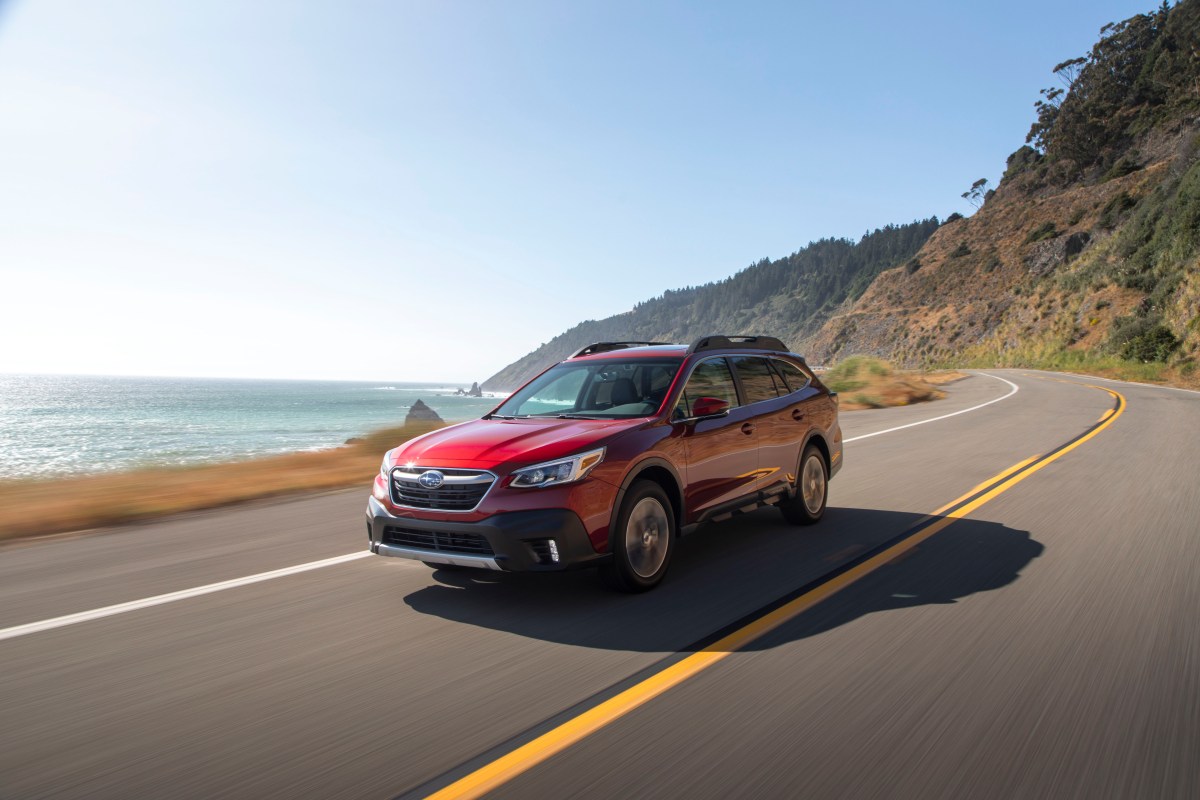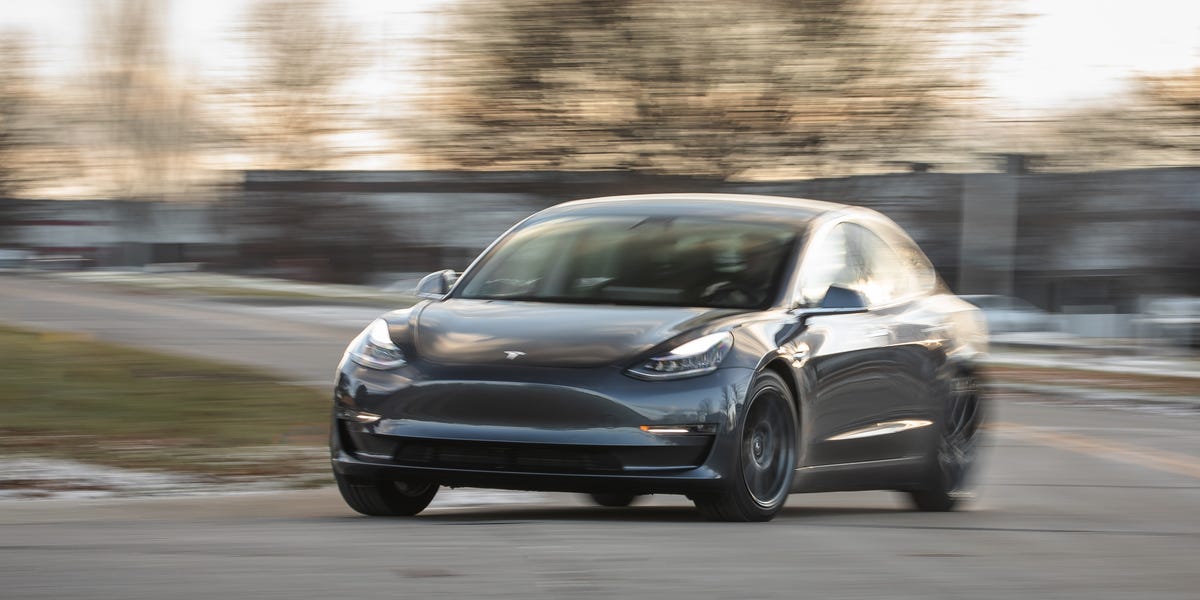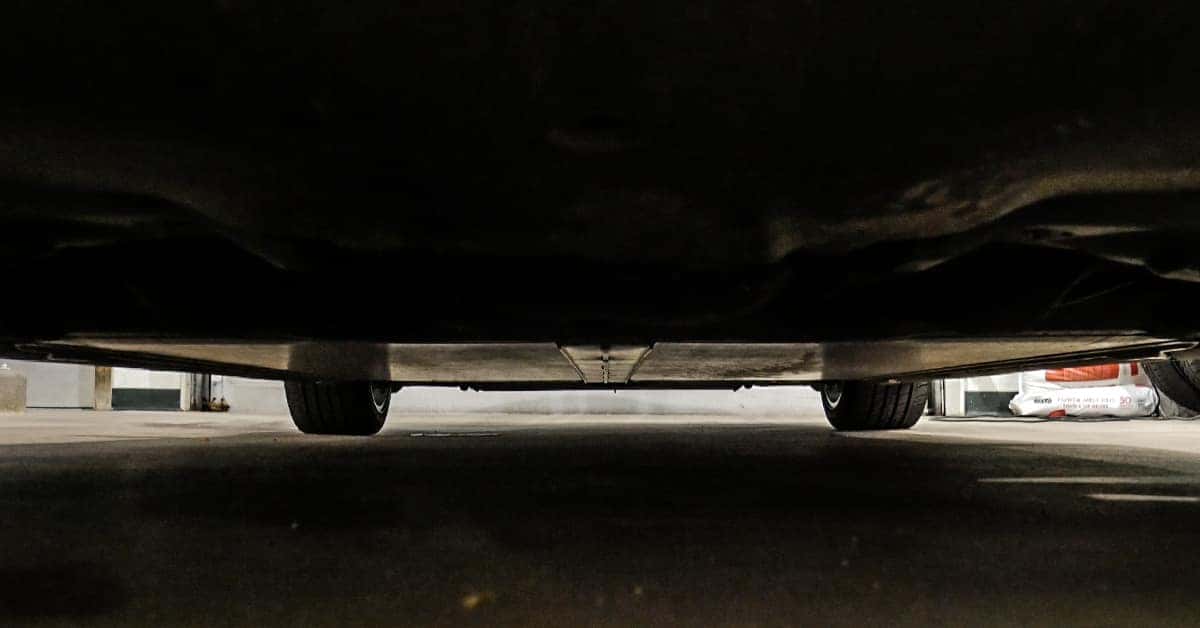So what's the data on how many battery packs have needed to be replaced on a Model 3? What's the data on how many Subarus need head gaskets and cooling systems replaced?

Your model assumes you will need to replace a battery pack due to degradation after 10 years and 150k miles, but the data does not support that theory. Of course no Model 3 is over 10 years old at this point, but many have been put through the ringer as Uber drivers among other occupations that require high mileage accumulation. In a sample size of 2,636 Model 3s it shows most have over 90% battery capacity after 100k miles (
https://insideevs.com/news/375459/tesla-model-3-50k-miles-battery-degradation/), but the sample size in your example is
one vehicle. One vehicle that also admittedly has not followed best practices in charging according the article, and also has not experienced any failures or problems yet - just a theoretical extrapolation of what
might happen in the future. I'd theorize a Subaru would have a head gasket or other major issue long before a Model 3 requires a new battery pack.
I have had 2 Model 3s now, and neither lost any range in the ~15k hard miles I put on them. But you know what did happen? I got a software update that actually gave me MORE range than when the car was new. The warranty on the battery in my Model 3 Performance was 8 years and 120k miles and guarantees at least 70% of the original capacity at that point. What is the warranty like for the powertrain on a Subaru or any other car for that matter at 120k miles?
The other issue with your model is that it does not consider depreciation which is almost always the most expensive part of owning a vehicle. How much is a gas powered Subaru going to be worth in 10 years as a percent of its original value vs a Tesla? Just pull up Autotrader or Kelly Blue Book and run the numbers - the Tesla Model 3 is a resale king. The
facts support that the Model 3 has lower depreciation, lower maintenance, lower repairs, and is more efficient, and that is in today's reality. EVs will only get less expensive, more efficient, and more compelling in the future. That's not my biased opinion - that's reality. I have 2 Land Cruisers, a diesel Sprinter, and a gas Honda in the driveway, and as much as I love them I realize their days are numbered. That's hard for a lot of people to accept, and I get it. I fought hard against the idea until I test drove a Model 3 Performance, and it truly, literally changed my life.
I have one request for those who would like to disparage EVs in this thread - go drive a Tesla, or when my Rivian is here, come drive it. I am willing to wager you will think very differently after the experience.





